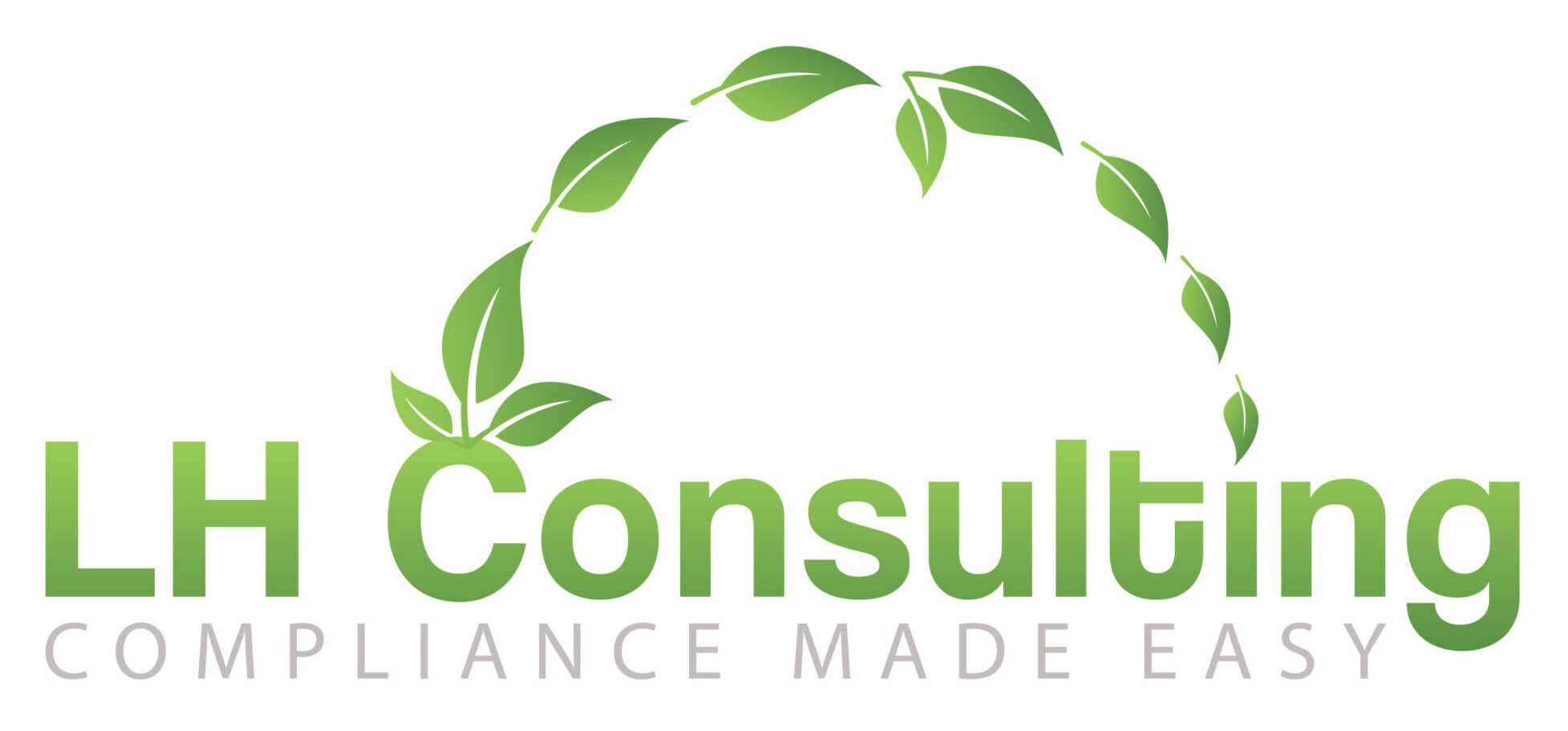Implementing PAS 2060 within your organisation
Welcome to this week’s blog post from LH Consulting where we will discuss the PAS 2060 standard and the benefits it can bring to your organisation.
Implementing new standards can seem like a daunting task, as there can be a lot of things to get your head around. This post has been together to help you understand the purpose of PAS 2060 and how to implement it within your company.
What is the standard?
As time goes by, climate change and the implications of our actions if do nothing to combat it, is becoming an increasingly serious issue. It is important that countries, individuals, and companies do all they can to reduce their contributions towards climate change. One of the most important ways in which they can do this is through reducing greenhouse gas emissions.
PAS 2060 is the internationally recognised standard for carbon neutrality. It is based on the previous PAS 2050 standard, which was designed for companies to measure their carbon footprint.
The benefits:
- Minimise the impact you’re having on the environment through reducing greenhouse gas emissions
- This will appeal to customers all over the world as it is the only internationally recognised standard for carbon neutrality.
- Allows you to meet the requirements of customers who want to work with environmentally responsible businesses
- PAS 2060 is not a legal requirement, but implementing this standard will help you to comply with environmental legislation
- PAS 2060 will help build on your current environmental management system
- Creates an environmentally responsible brand image
Is the standard right for my company?
Are you a company that wants to demonstrate its commitment towards protecting the environment?
Then the PAS 2060 standard is perfect for you.
Reducing the impact your company is having on climate change through becoming carbon neutral sounds like a great idea. However, you may ask yourself; is my company in a position to do this?
The answer is yes!
The purpose of PAS 2060 is to guide companies on how to reduce greenhouse gas emissions to become carbon neutral. It was designed to apply to a range of industries that manufacture products or provide services. Please see a summary of how to implement the standard below:
PAS 2060: A step by step guide
Step one: Measure
Firstly, you must calculate the carbon footprint of your company (or the specific product or activity). In order to do this, you will need to use a framework designed to calculate your carbon footprint:
- To calculate carbon footprint for a whole organisation, the recommended framework is the ISO 14064-1: 2018 standard.
- For products and services, the recommended framework is the PAS 2050 standard.
There are 3 different scopes of emissions. All emissions from scope 1 and 2 must be included and all also emissions from scope 3 that contribute to > 1% of the total carbon footprint being calculated. Please see brief explanation of the scopes below:
- Scope 1 emissions are direct emissions from activities under your organisations direct control (e.g., fuel combustion and vehicles)
- Scope 2 emissions are indirect emissions from the generation of purchased energy
- And finally, scope 3 emissions other indirect emissions from activities in your supply chain that your company can not control.

Step two: Reduce
Producing a Carbon Management Plan will allow your company to plan to reduce carbon emissions.
The plan should include specific targets and actions needed to achieve them. Timescales and a plan on how the company intends to offset residual emissions should also be included.
At this stage, you will also need to make a public commitment to carbon neutrality.
Step three: Offset
At this stage, you will need to offset residual emissions with certified carbon credits. These credits will have to meet specific criteria to make sure they are legitimate.
After you offset your residual emissions, your emissions will be at net zero.
Step four: Document & Validate
When the previous stages are complete, there is a requirement to document and disclose a report. This will include the Carbon Management Plan, proof of reduced emissions and the Carbon Footprint report.
We hope this post has helped you understand the benefits of PAS 2060 and the process of implementation!
If you require consultancy support for implementing the PAS 2060 standard, please do not hesitate to contact us.
LH Consultancy Services is an ISO Management Systems and Legislation Support Consultancy based in the West Midlands. We support businesses and individuals to make compliance easy. All of our services cover the breadth of the UK. We also work with a variety of businesses including those based in small towns and major cities.



